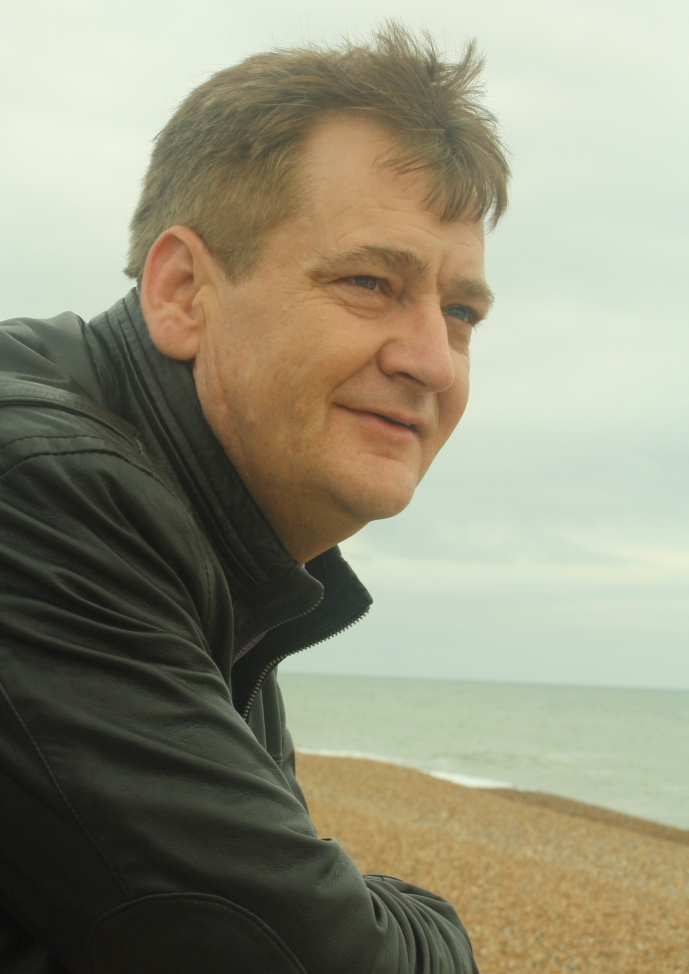Brighton Unitarian Church, 19 July 2015
This summer series has once again focused on Sussex composers and it was good to welcome back Peter Copley who introduced his Partita for String Quartet. The work has had a very slow gestation, starting as a single lively movement for amateur or young players and then developing, one movement per year, until it reached its final form. His friend Paul Carr was the driving force behind the work which was produced, movement by movement, as a birthday present for him each August. Peter Copley is clearly a man of very regular habits as he admitted that the work was written on his free days at summer school, though turning out music of this quality hardly looks like a leisure activity.
The opening movement sounds like fun to play and communicates its enthusiasm with ease. Peter Copley is a master at slipping short lyrical passages into otherwise complex ideas to deflate any notion that this is going to be difficult to listen to. If the first movement leaves us somewhat breathless the second moves us into another realm entirely. Entitled 42 it is unclear in the opening sections where we are time-wise or where we are going. Gradually however the piano seems to pull the other instruments into line and we become aware of a structure which is underpinning the apparent disparity. When the opening sections are eventually repeated, either from our increasing familiarity or the piano’s school-masterly control, we feel at ease even in a world as far removed from this as that of Arthur Dent.
The Shcherzo seems to take us into the wilds of Eastern Europe with its earthy dance rhythms and slapping chords, but even here there is a delicate, if brief, moment of intense lyricism for the piano. The finale is an homage to Paul Carr as it uses a lovely cello solo of his as the opening melody before gently retracing the earlier movements until it fades away into the distance. It left most of the audience with a smile on their faces. Peter Copley had said at the start he was calling the work a Partita as Quartet sounded too grand. He wanted something more enjoyable and he has certainly achieved this.
Rachel Fryer was the pianist keeping our regular Sunday quartet in order and all more than justified Paul Carr’s confidence that the opening movement was worthy of three more.
The concert had opened with a brisk and beautifully balanced reading of Schubert’s Quartettsatz in C minor and concluded with Haydn’s Lark Quartet. In reality this is a violin concerto for soloist and trio, as the others are, with the exception of the Minuet , little more than background to the virtuosic playing of Roland Roberts.
The final concert in this fine summer series is on 9 August when we will hear music by Barry Mills, Gordon Jacob and Haydn.

